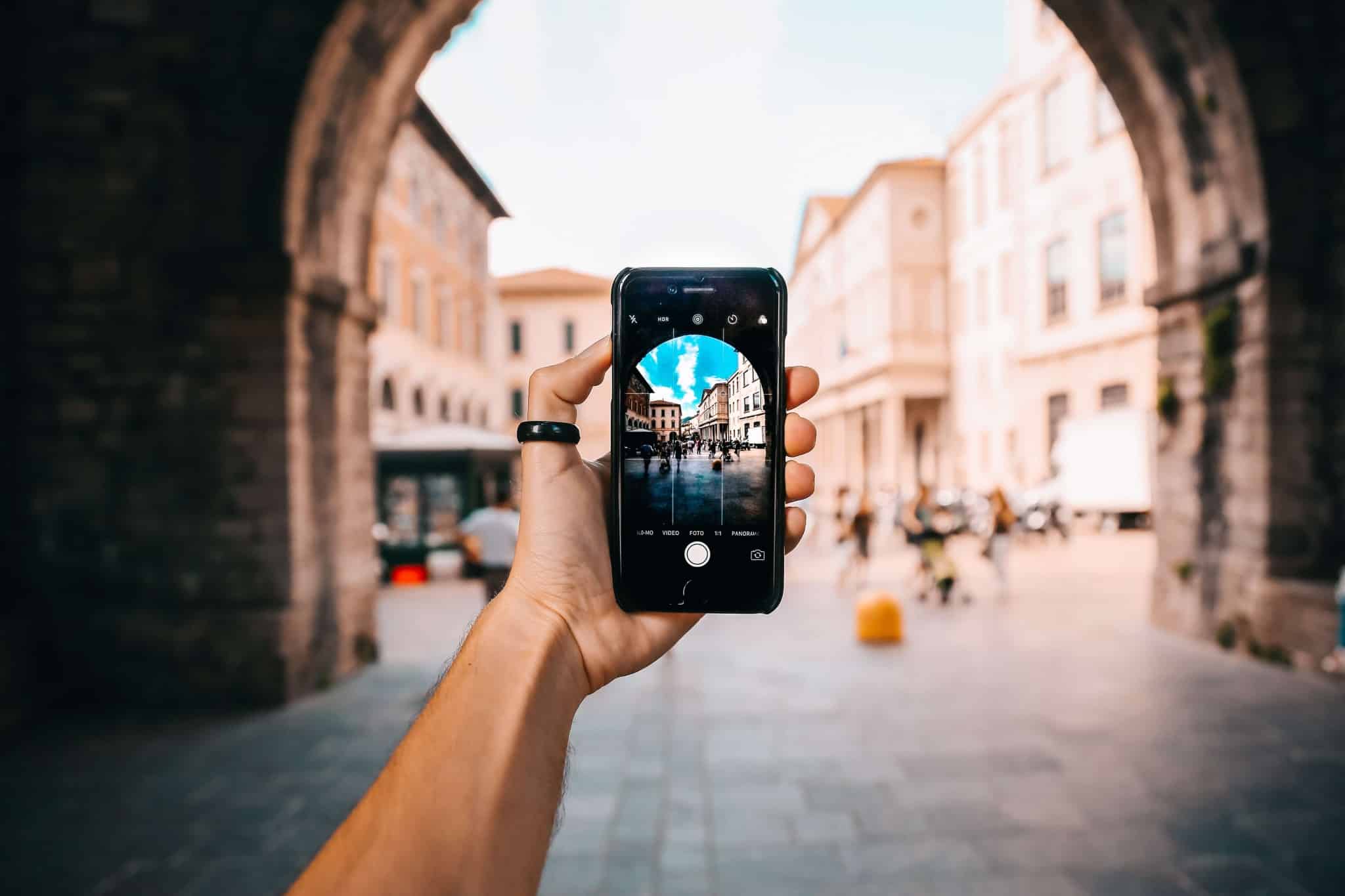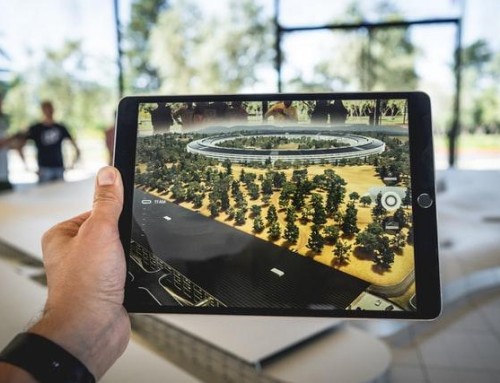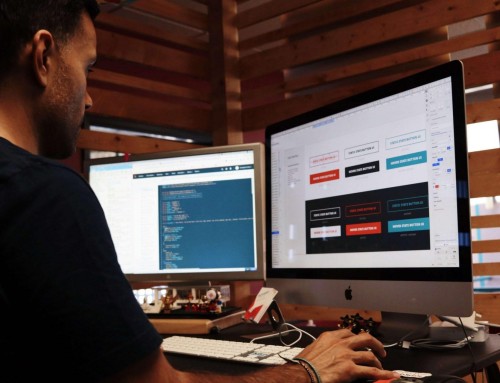Seattle made history as the first city in the US with smartphone voting. All the while avoiding the embarrassment of the recent Iowa Caucuses malfunctioning app.
The technology company behind the Iowa Caucuses that used a mobile app to transmit vote tallies, confessed that a coding error derailed the functionality of the system. The end results: The votes had to be manually counted and tabulated, thereby delaying the process by more than 24 hours.
Everything from the name of the company that developed the app to the way it was implemented has been scrutinized. Journalists initially had a hard time locating the offices of Shadow, the tech firm responsible for the app, and many professionals working in the sector of digital voting systems had never heard of it.
Eventually, those who reviewed the app and the system criticized the secrecy and lack of transparency that Shadow practiced during the development and implementation period. Although not everyone believes that elections software should be open-source, the fact that elections have shown vulnerability to foreign interference in the past pushes many people to call for greater security and scrutiny of electoral technology.
Seattle is Moving Towards Mobile Elections
Nevada is another caucus state that planned to use the Shadow app in February, but this plan was scrapped after the Iowa incident. In Seattle, however, supporters and developers of digital voting technology paid close attention to the Iowa Caucus and did not flinch with regard to their efforts to hold a historic election by means of smartphone voting.
On February 10, just one week before the King Conservation District holds board elections, everything was set for registered voters to cast digital ballots using internet-connected personal computing devices, which could be their cell phones.
This Seattle voting app is a live test of sorts; unlike the IA Caucus app, which merely transmits vote counts, it actually allows individual ballot casting. It is a progressive web app, meaning that it can be accessed via a mobile icon or directly on a web portal. Each vote gets its own encrypted PDF ballot that can be printed in order to generate a paper audit trail, something that was crucial to eventually certify the IA Caucus elections. One of the security features of this app is a digital signature that must be provided via touchscreen or mouse gestures.
How to Avoid the Hacking of American Democracy
One of the advantages of smartphone voting is that electoral officials are betting on wider inclusion. Low voter turnout in the United States is a blemish on its strong democratic system, one of the oldest in the Americas, and this can be traced to various factors. Boosting participation in elections is something of great interest among politicians, elected officials, and concerned citizens. In a state such as Washington, where voting by mail has vastly improved voter turnout, smartphone elections could make things even better because it would empower voters with disabilities and others who have various socioeconomic reasons for not participating in all elections.
Previous tests of mobile voting systems have had mixed results in the U.S. One pilot test in the District of Columbia was thoroughly hacked in 2010, but other experiments have fared better through digital voting for Americans living overseas. The special interest groups pushing for mobile voting have tested their systems dozens of times to simulate data breaches and cyber-attacks, but they are the first to admit that no digital system is foolproof. There may be incidents in some districts; this can be expected from emerging technology, but a statewide collapse is very unlikely because security is highly compartmentalized.





